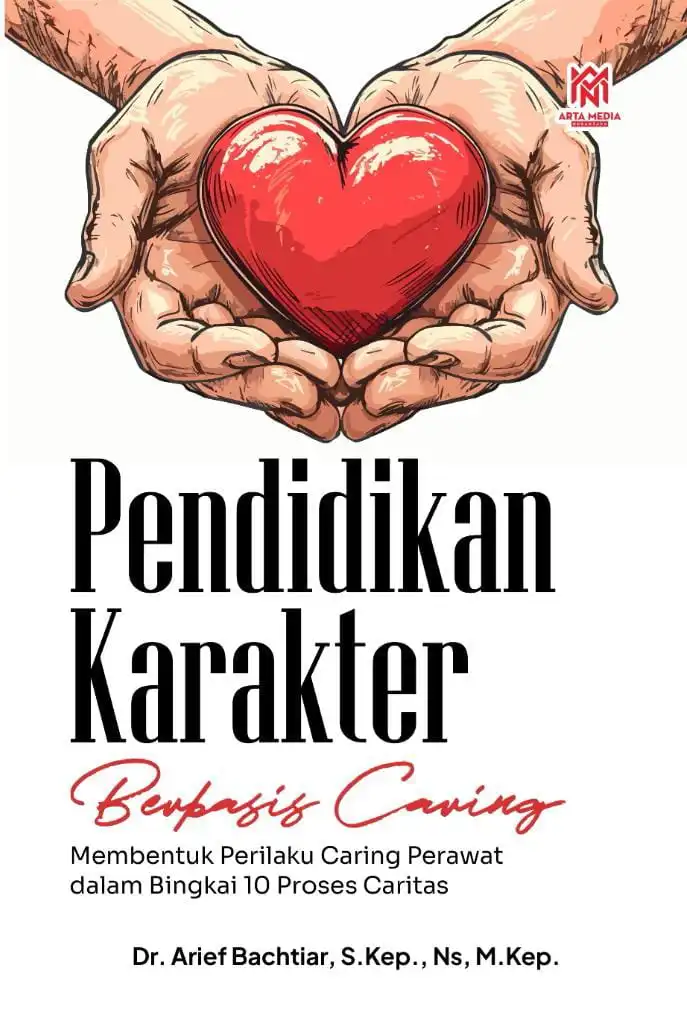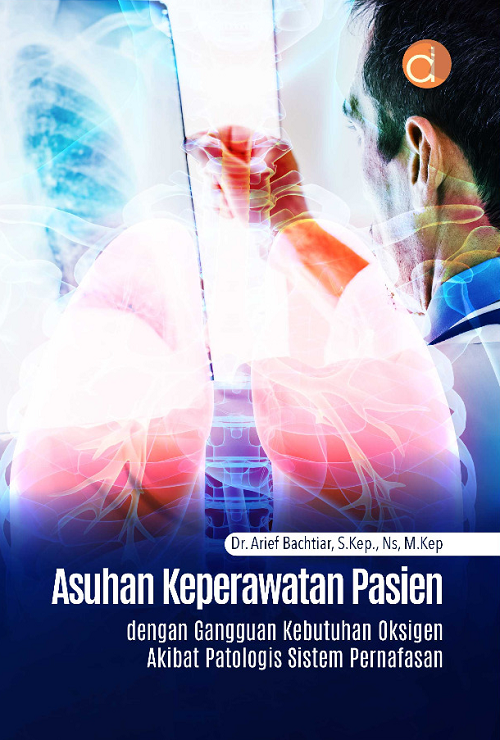Legal Aspects of Nursing Documentation
 |
| https://www.freepik.com |
Nursing documentation is a critical component of nursing practice, providing a clear and accurate record of patient care and interventions. It serves not only as a tool for communication between healthcare professionals but also as a legal document that can be used in court as evidence. This chapter explores the definition of nursing documentation, the legal aspects associated with it, and the standards of accountability that govern its use in clinical practice.
Definition of Nursing Documentation
Nursing documentation refers to the written or electronic record created by nurses to document the care provided to patients. It includes the assessment, planning, implementation, and evaluation of nursing care. Documentation serves as a communication tool that ensures continuity of care, allowing healthcare providers to share important information about a patient's condition, treatment plan, and response to interventions.
In addition to being a communication tool, nursing documentation is a permanent record that reflects the quality of care provided and can be used for various purposes, including clinical decision-making, research, and legal proceedings. Accurate and thorough documentation is essential to ensure that patient care is well-documented and that any actions taken are clearly recorded.
Legal Aspects of Nursing Documentation
Nursing documentation is not only an essential clinical practice but also a key legal aspect of healthcare. As legal documents, nursing records must adhere to specific legal standards to ensure that they are valid and can be used in legal proceedings. Several legal considerations influence nursing documentation, including:
Confidentiality and Privacy
Nurses are legally obligated to maintain the confidentiality of patient information. This obligation is protected under laws such as the Health Insurance Portability and Accountability Act (HIPAA) in the United States, which sets standards for the privacy and security of health information. Proper documentation must ensure that patient data is kept confidential and only shared with authorized individuals (McHale, 2020).
Accuracy and Completeness
The accuracy and completeness of nursing documentation are crucial from a legal standpoint. Incomplete or inaccurate documentation can lead to legal consequences, as it may be interpreted as neglect or malpractice. Nurses must ensure that all relevant information about a patient’s condition, treatments, and interventions is recorded accurately and comprehensively. Errors or omissions in documentation can be used against healthcare providers in court, particularly in cases involving allegations of negligence (Aiken et al., 2018).
Legality of Electronic Documentation
Electronic health records (EHRs) have become the standard for patient documentation in many healthcare settings. While EHRs improve the efficiency and accuracy of documentation, they also present specific legal challenges. For example, electronic records must be protected by secure login systems, audit trails, and encryption to prevent unauthorized access or tampering. Legal standards for the use of electronic documentation must ensure that EHRs are as reliable and legally binding as paper records (Hollnagel, 2018).
Documentation in Legal Proceedings
Nursing documentation can play a critical role in legal proceedings. In the event of a lawsuit or investigation, nursing records are often used as evidence to determine whether the care provided was appropriate. Proper documentation can support the defense of a nurse or healthcare institution, while poor or inadequate documentation can lead to unfavorable legal outcomes. Nurses must ensure that their documentation is thorough, accurate, and objective to protect themselves and their patients (White, 2017).
Accountability Standards in Nursing Documentation
Accountability is a core principle in nursing practice, and it is reflected in nursing documentation. Nurses are accountable for the care they provide, and this accountability is demonstrated through the documentation of their actions. Several standards of accountability guide nursing documentation:
Standard of Care
The standard of care refers to the level of care that a reasonably competent nurse would provide in a given situation. Nursing documentation must reflect adherence to the standard of care by documenting assessments, interventions, and outcomes. This helps ensure that the care provided meets professional and legal expectations (Aiken et al., 2018).
Legal Documentation Standards
Nurses must adhere to legal documentation standards that ensure the validity of the records they create. These standards include:
- Writing legible, clear, and concise notes.
- Using appropriate language and terminology.
- Documenting facts, not opinions.
- Avoiding alterations or erasures in the records (Aiken et al., 2018).
Documentation must also include the date and time of each entry and the signature or identification of the person making the entry.
Responsibility for Documentation
Nurses are legally responsible for the documentation of their care. This responsibility extends to ensuring that all information is accurate and up-to-date. Nurses must also ensure that documentation is timely and completed in accordance with their facility’s policies and procedures. Failing to document in a timely manner can be seen as neglectful and may have legal implications (White, 2017).
Delegation and Documentation
Nurses who delegate tasks to other healthcare team members must ensure that proper documentation is completed for the care provided by others. While nurses may delegate certain tasks, they retain responsibility for the overall care of the patient, which includes ensuring that all aspects of care are accurately documented. This extends to both direct care and the supervision of delegated tasks (McHale, 2020).
Consequences of Poor Documentation
Poor documentation can have serious consequences for both patients and healthcare providers. The potential consequences include:
Legal Liability
Inadequate or inaccurate documentation can lead to legal liability in cases of patient harm or malpractice. If a nurse’s documentation fails to demonstrate appropriate care, it can be used as evidence in court to support allegations of negligence (Hollnagel, 2018).
Loss of Credibility
Poor documentation can undermine the credibility of a nurse’s testimony in legal proceedings. A nurse who fails to document appropriately may be perceived as unreliable or careless, which can affect the outcome of a legal case.
Disciplinary Action
Inaccurate or incomplete documentation can also lead to disciplinary action by licensing boards or professional organizations. Nurses may face suspension or revocation of their licenses if their documentation is found to be consistently inadequate or falsified.
References
- Aiken, L. H., Sloane, D. M., & Kimbrew, M. (2018). The Role of Nursing Documentation in Legal Risk Management. Journal of Nursing Law, 19(3), 234-245.
- Hollnagel, E. (2018). Nursing Documentation and Legal Considerations. Springer Publishing.
- McHale, J. (2020). Nursing and the Law: Key Legal Issues in Documentation. Routledge.
- White, C. (2017). Legal Aspects of Nursing Documentation. Nursing Practice & Law, 8(2), 115-125.






Leave a Comment